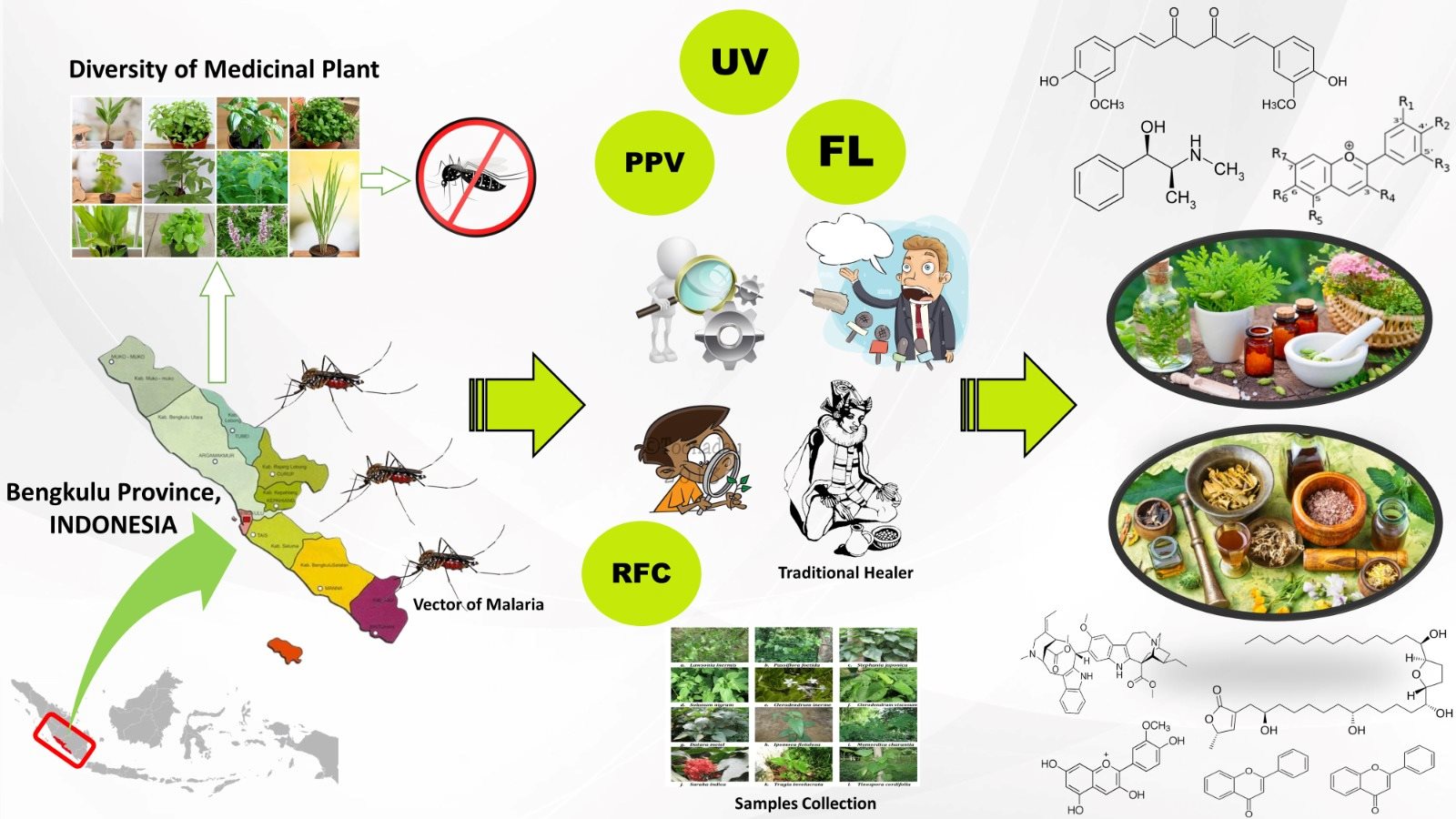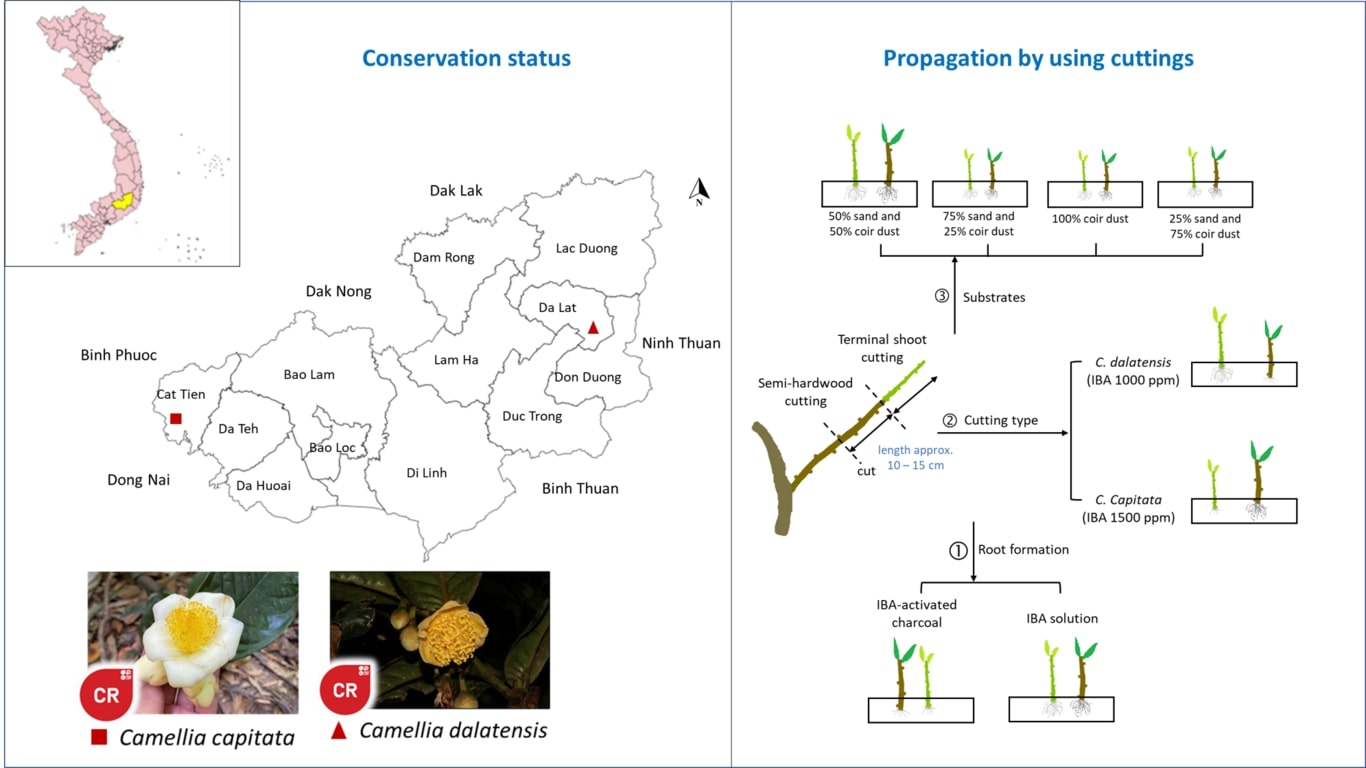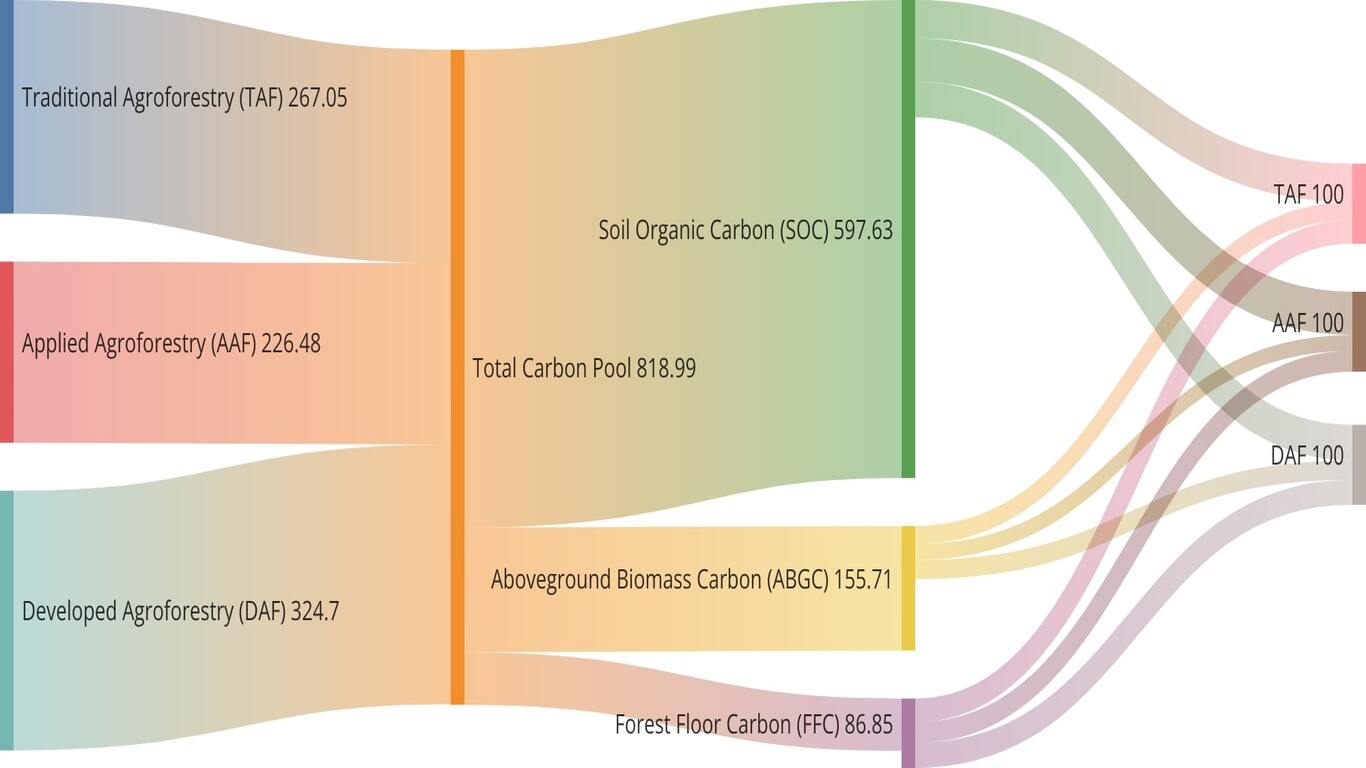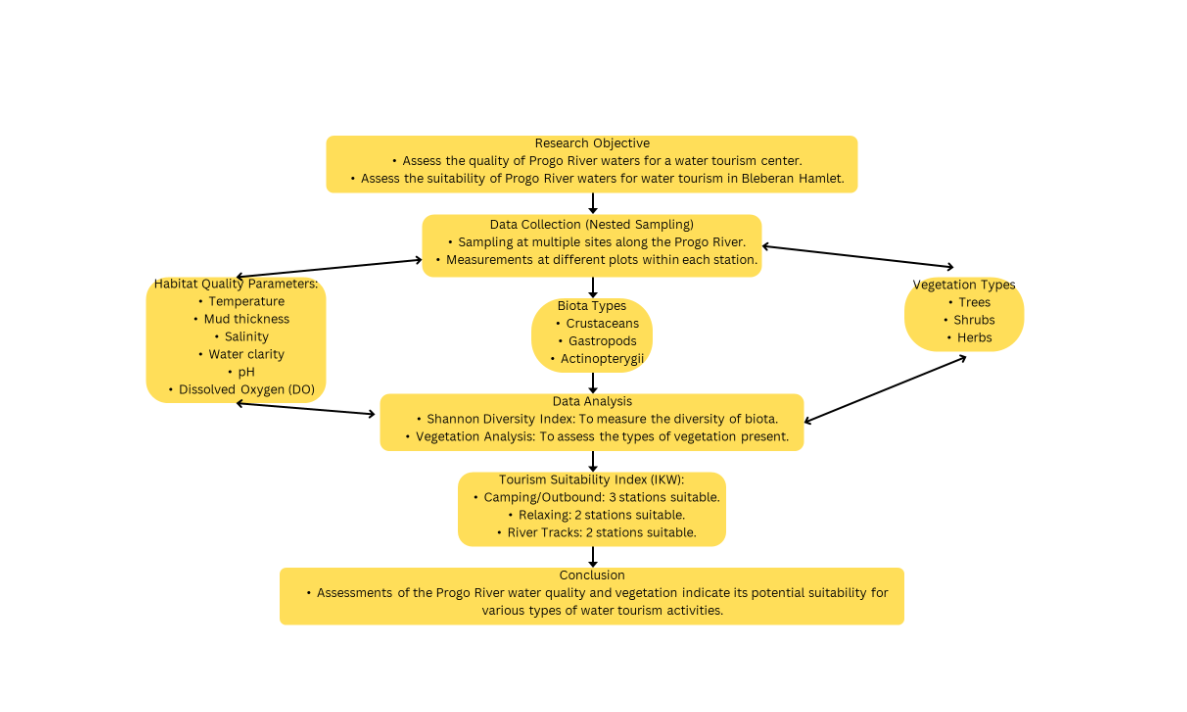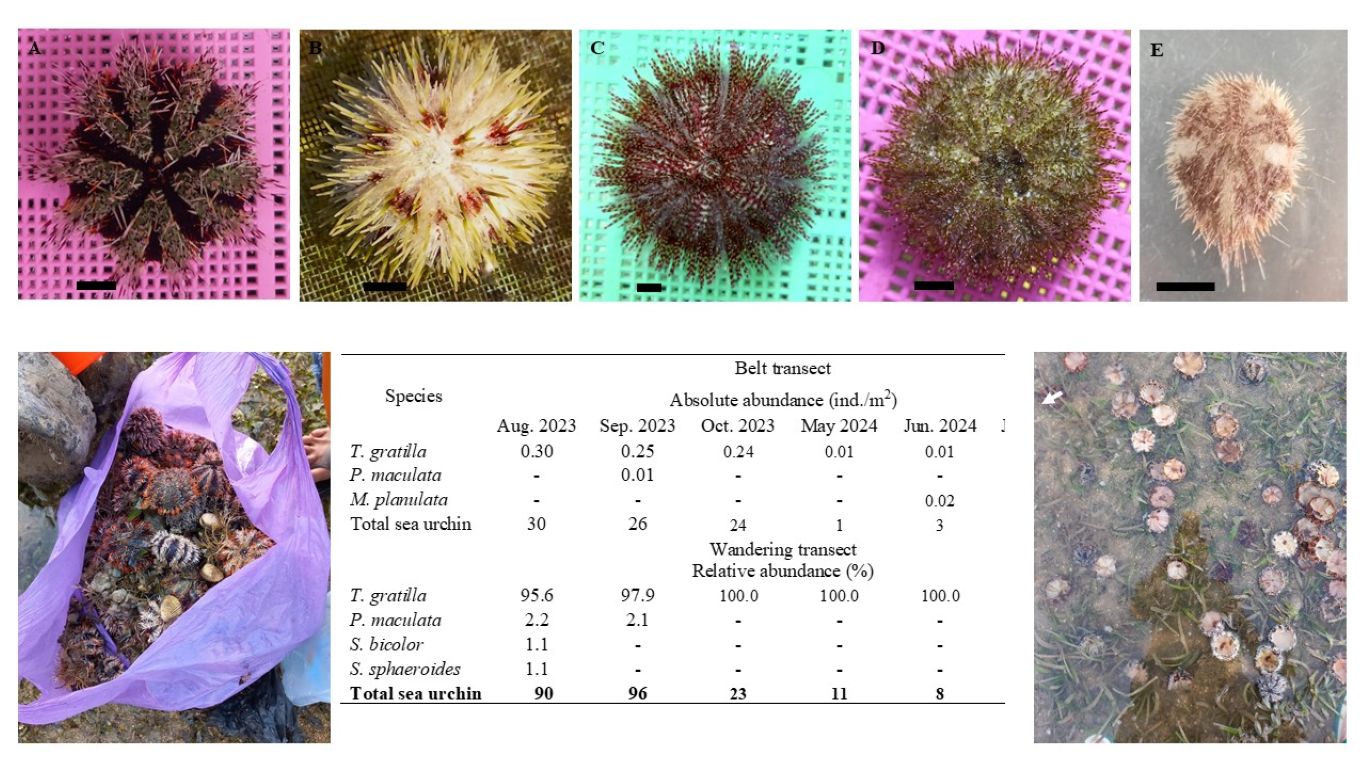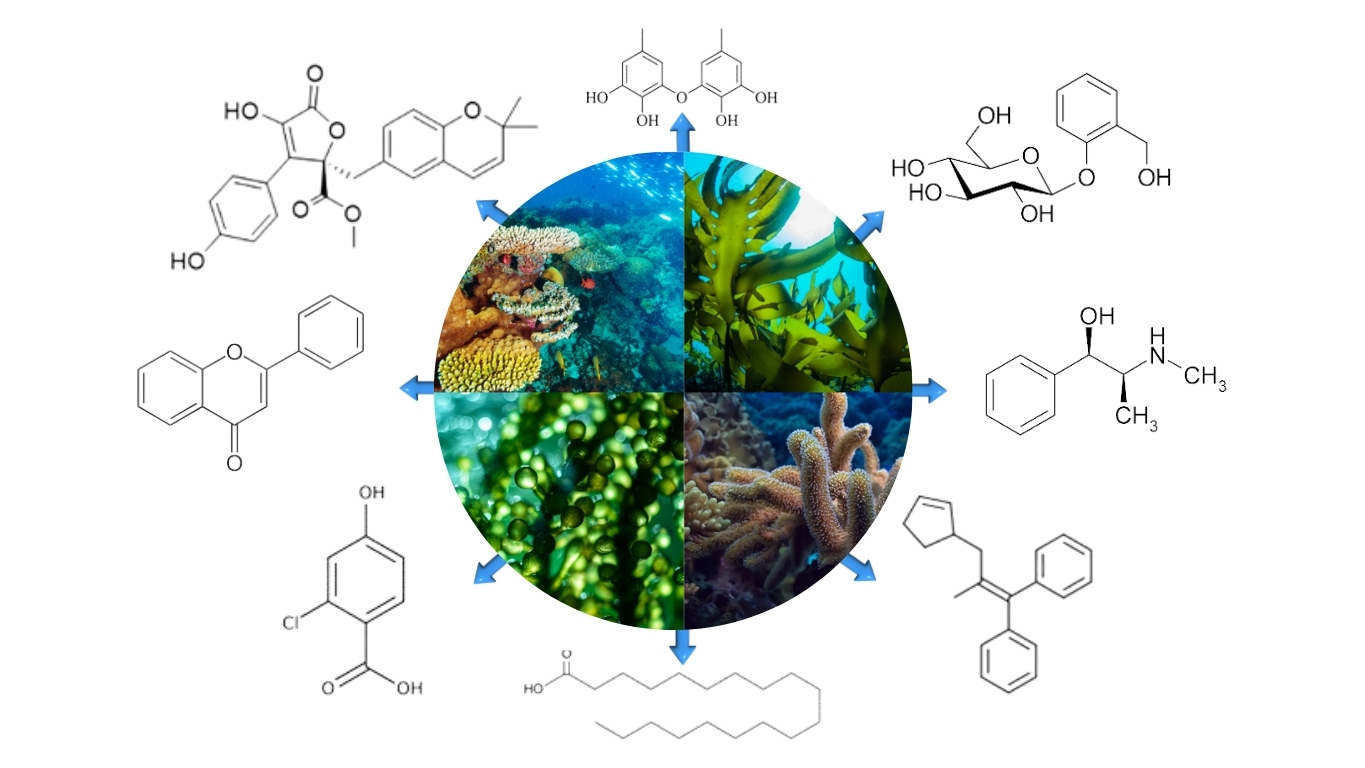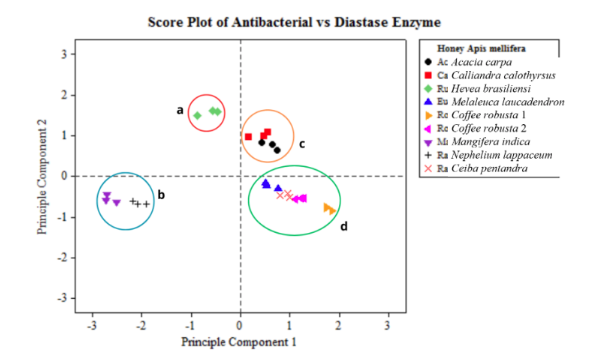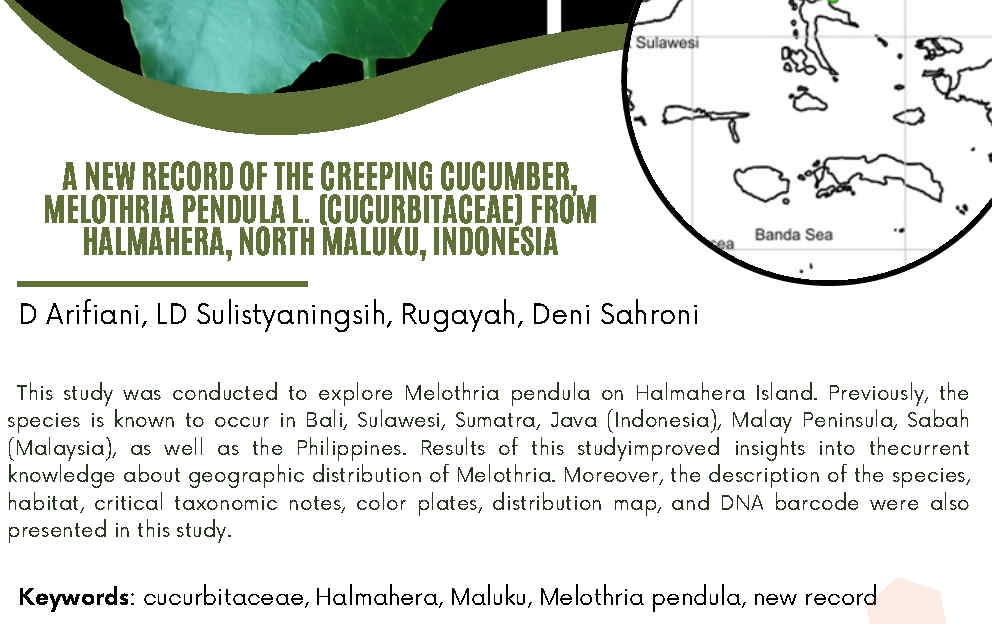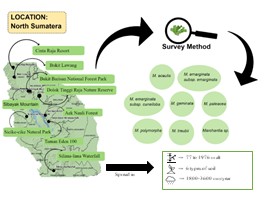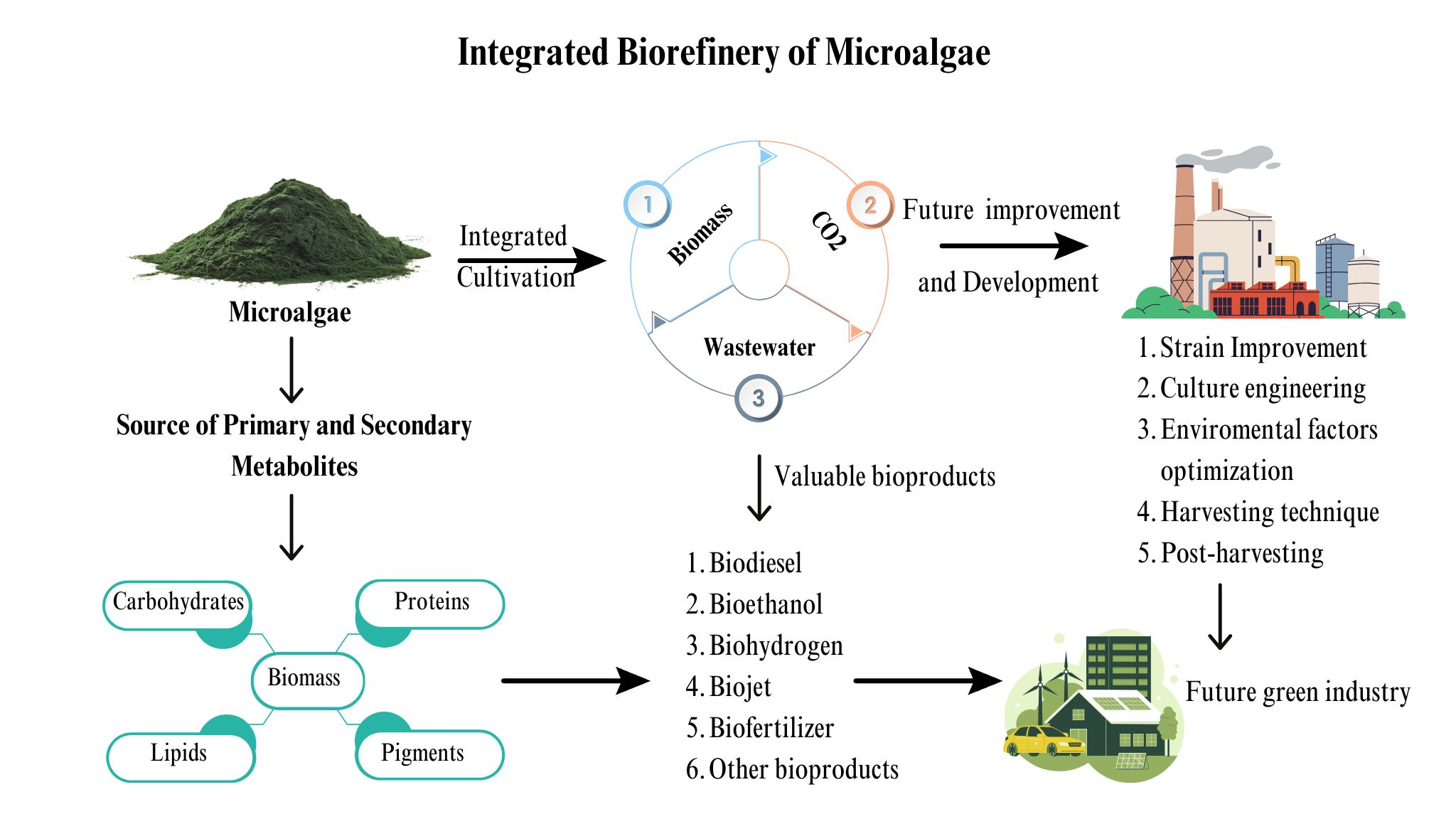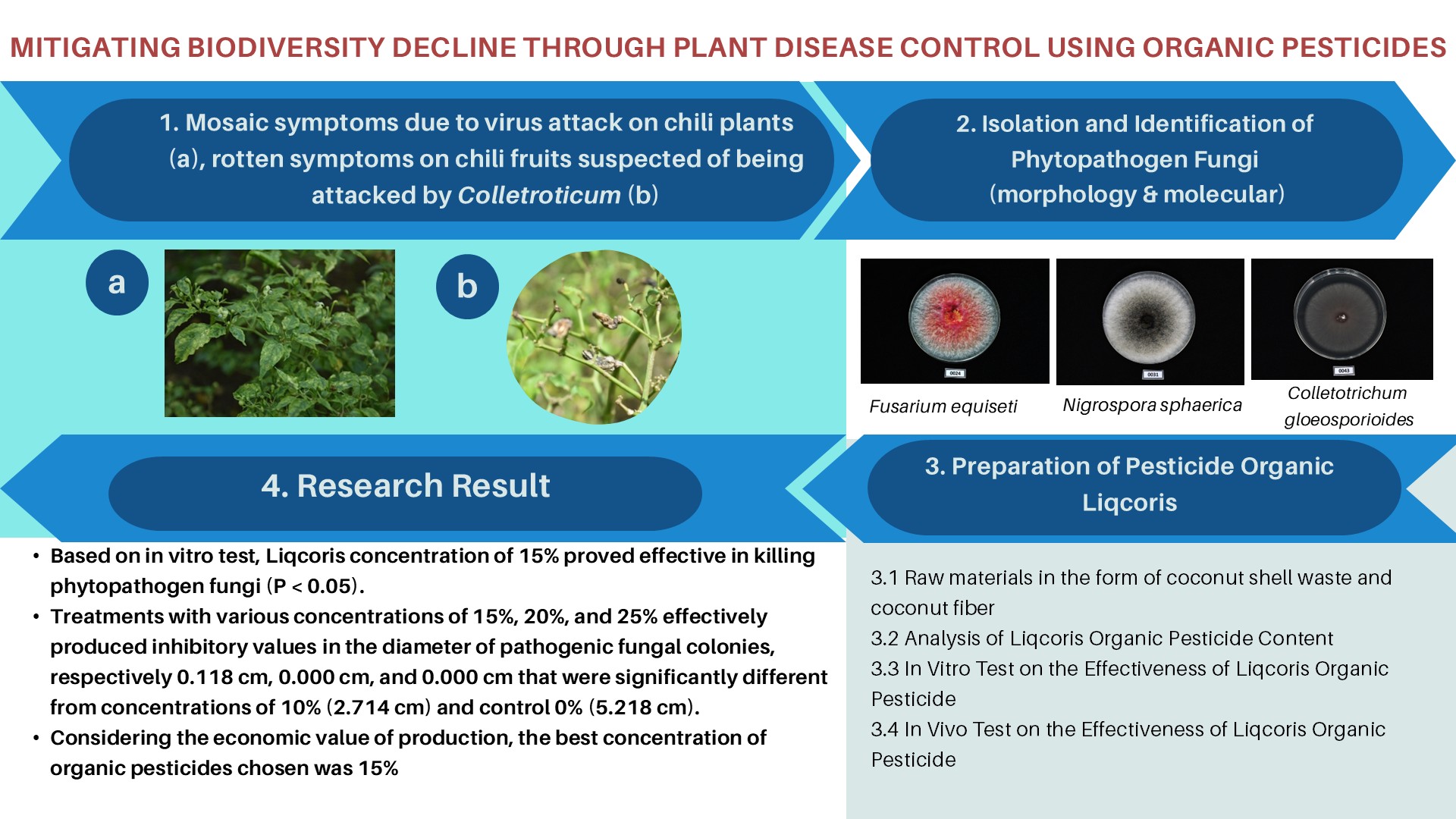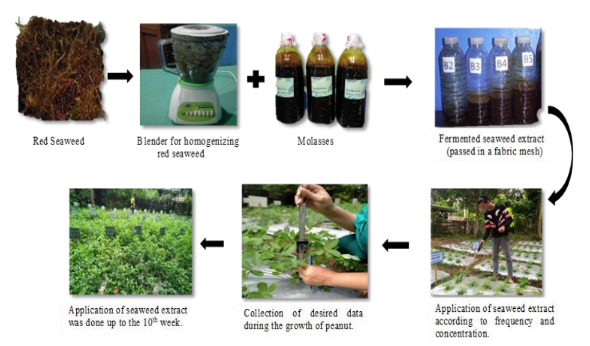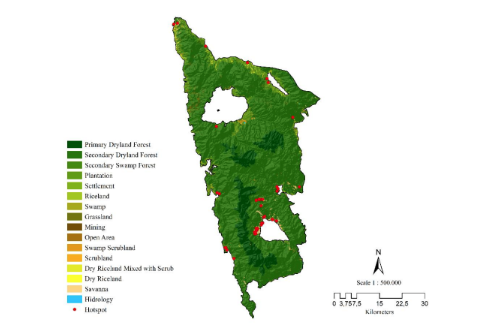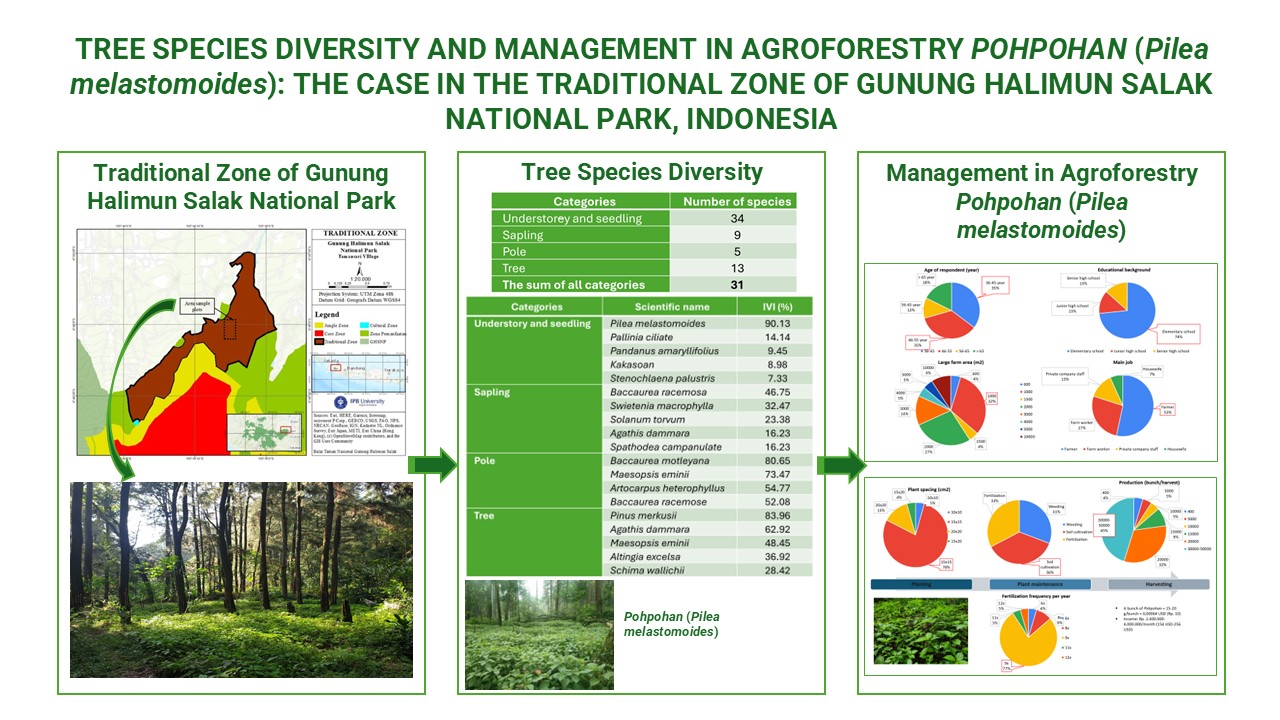Understanding Natural Regeneration in Burned Tropical Peatland: A Strategy to Accelerate the Forest Recovery Process
Vol. 28 No. 3 (2021): BIOTROPIA Vol. 28 No. 3 December 2021
Research Paper
June 24, 2020
January 4, 2022
Downloads
Lestari, D. P., Darusman, T., Harsanto, F., Arriyadi, D., & Ginanjar, G. (2022). Understanding Natural Regeneration in Burned Tropical Peatland: A Strategy to Accelerate the Forest Recovery Process. BIOTROPIA, 28(3), 204–213. https://doi.org/10.11598/btb.2021.28.3.1330
Downloads
Download data is not yet available.
Copyright (c) 2020 BIOTROPIA - The Southeast Asian Journal of Tropical Biology

This work is licensed under a Creative Commons Attribution-NonCommercial-NoDerivatives 4.0 International License.
Authors who publish with this journal agree with the following terms:
- Authors retain copyright and grant the journal right of first publication, with the work 1 year after publication simultaneously licensed under a Creative Commons attribution-noncommerical-noderivates 4.0 International License that allows others to share, copy and redistribute the work in any medium or format, but only where the use is for non-commercial purposes and an acknowledgement of the work's authorship and initial publication in this journal is mentioned.
- Authors are able to enter into separate, additional contractual arrangements for the non-exclusive distribution of the journal's published version of the work (e.g., post it to an institutional repository or publish it in a book), with an acknowledgement of its initial publication in this journal.
- Authors are permitted and encouraged to post their work online (e.g., in institutional repositories or on their website) prior to and during the submission process, as it can lead to productive exchanges, as well as earlier and greater citation of published work (See The Effect of Open Access).









